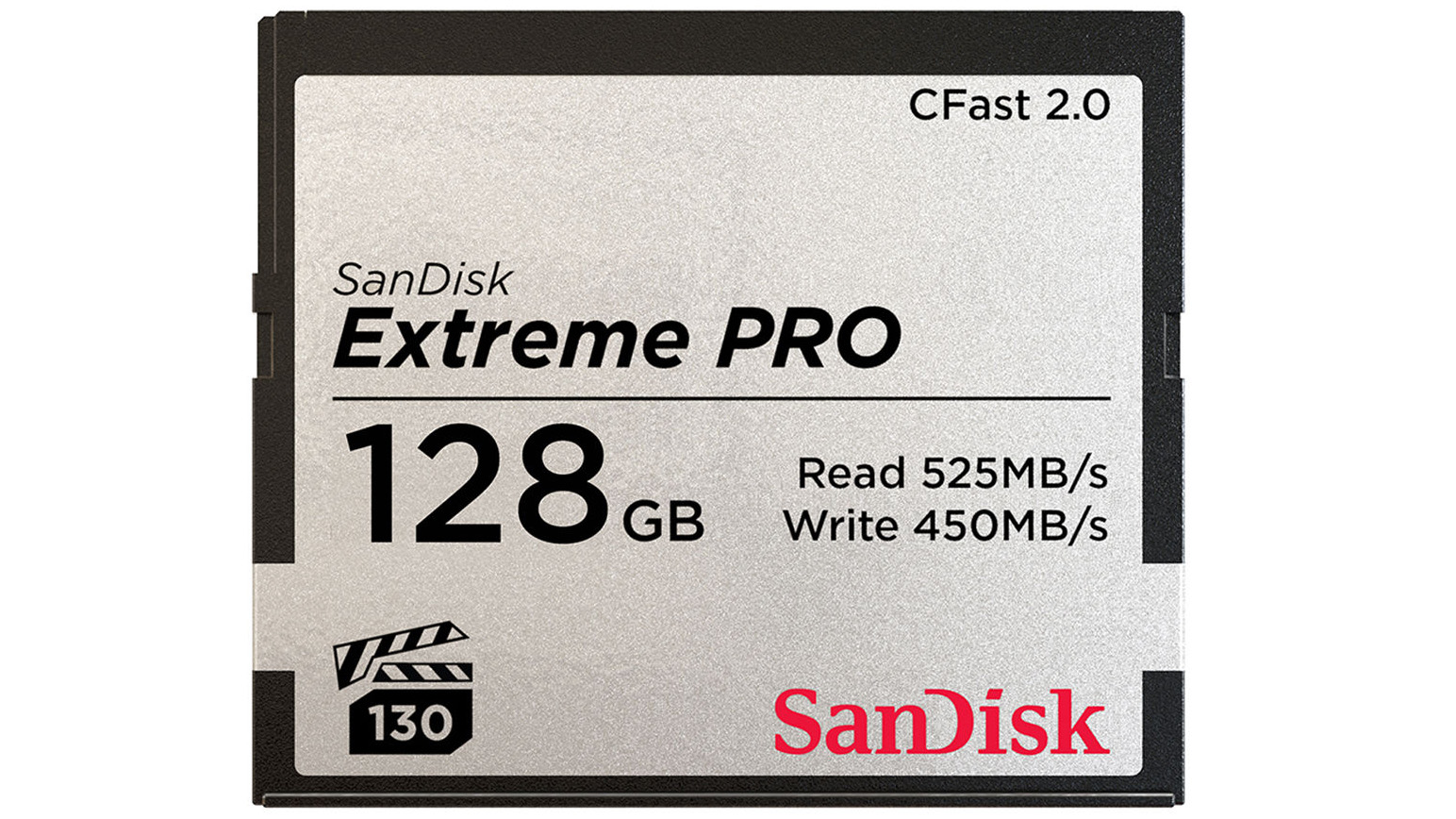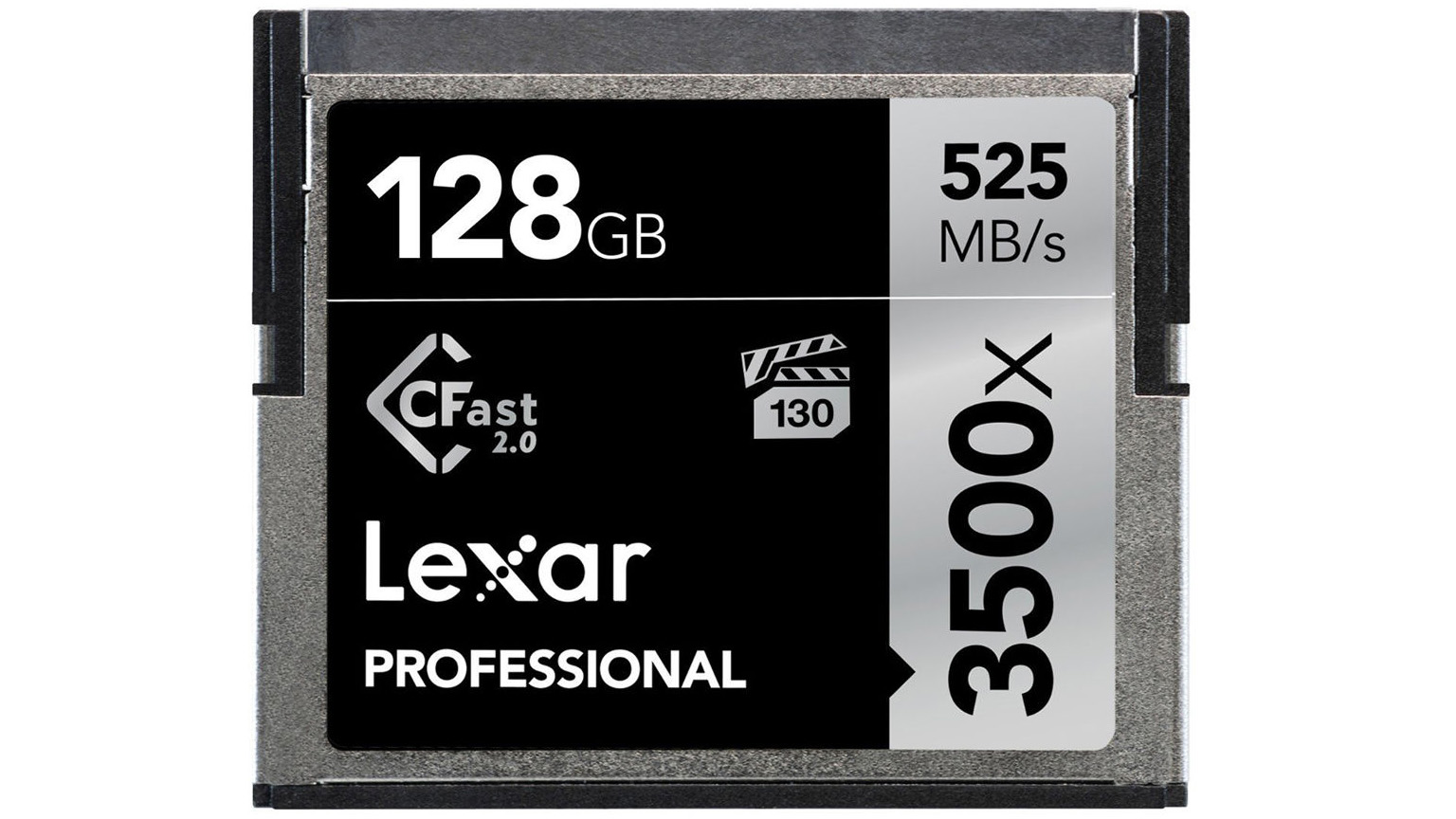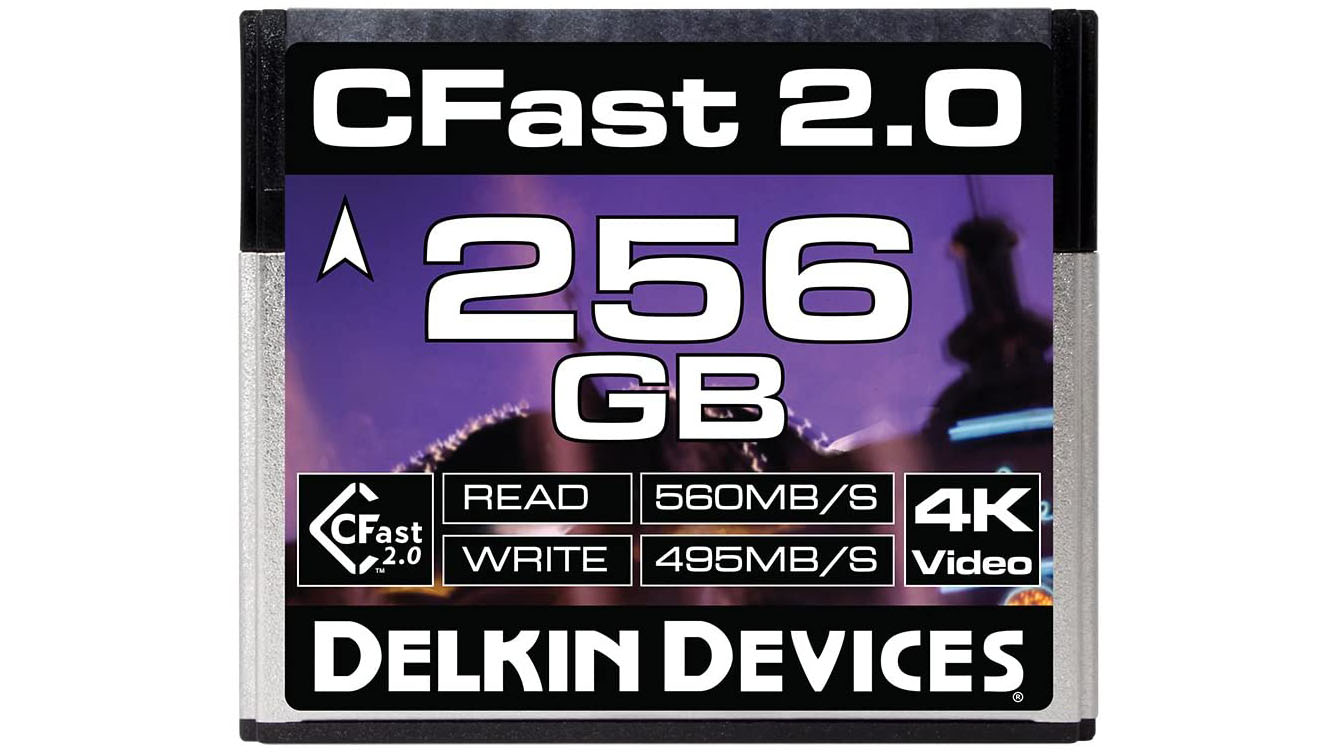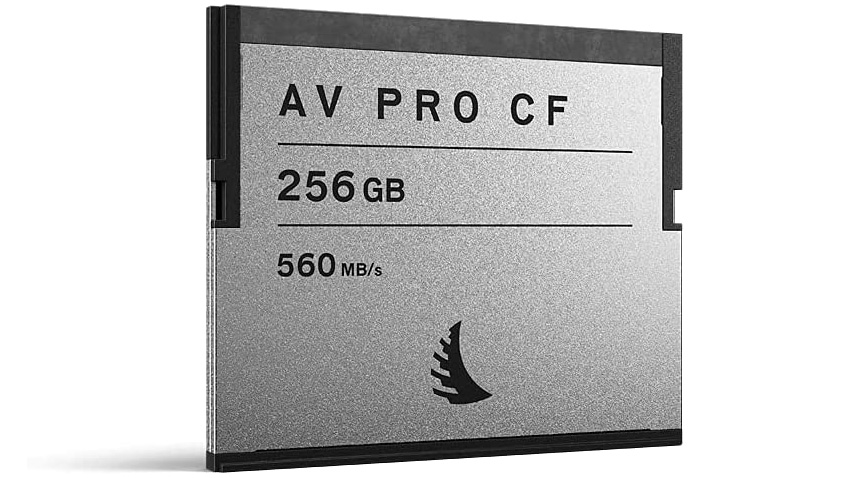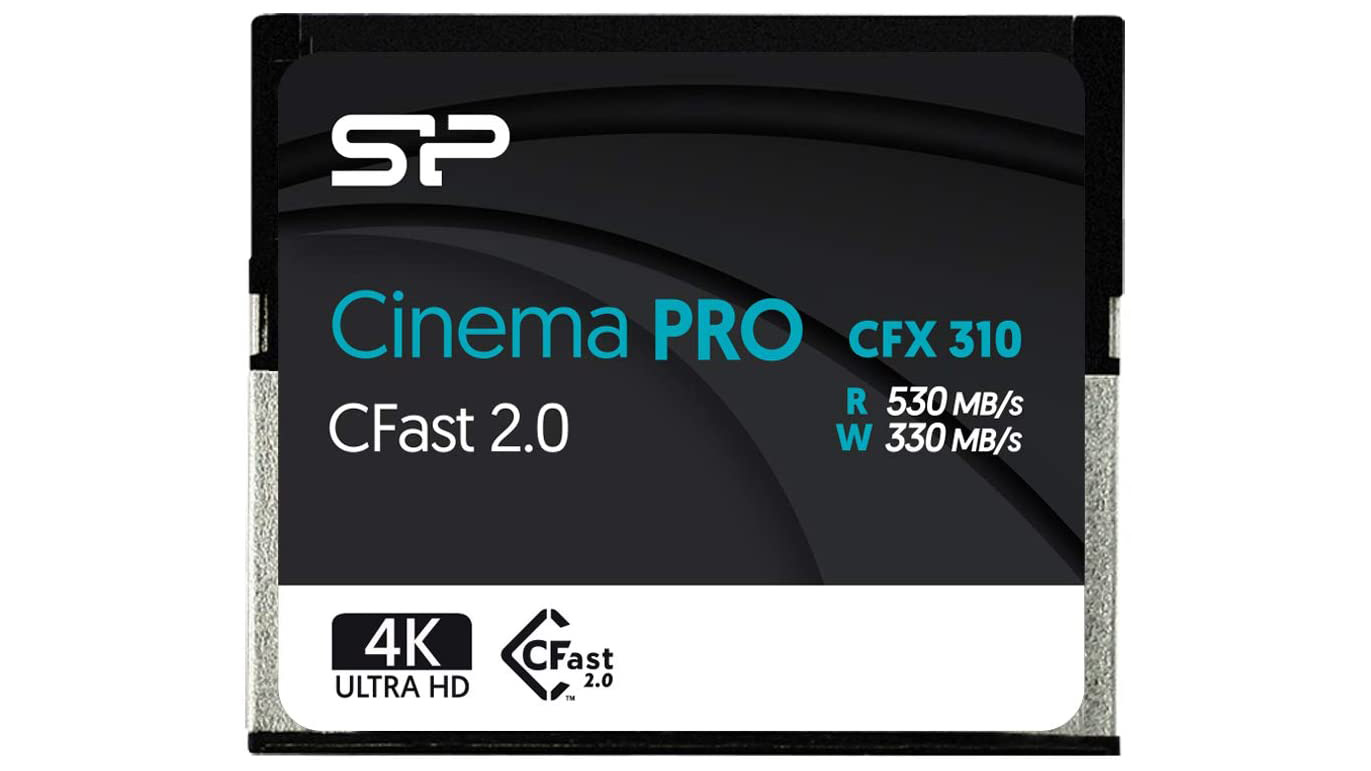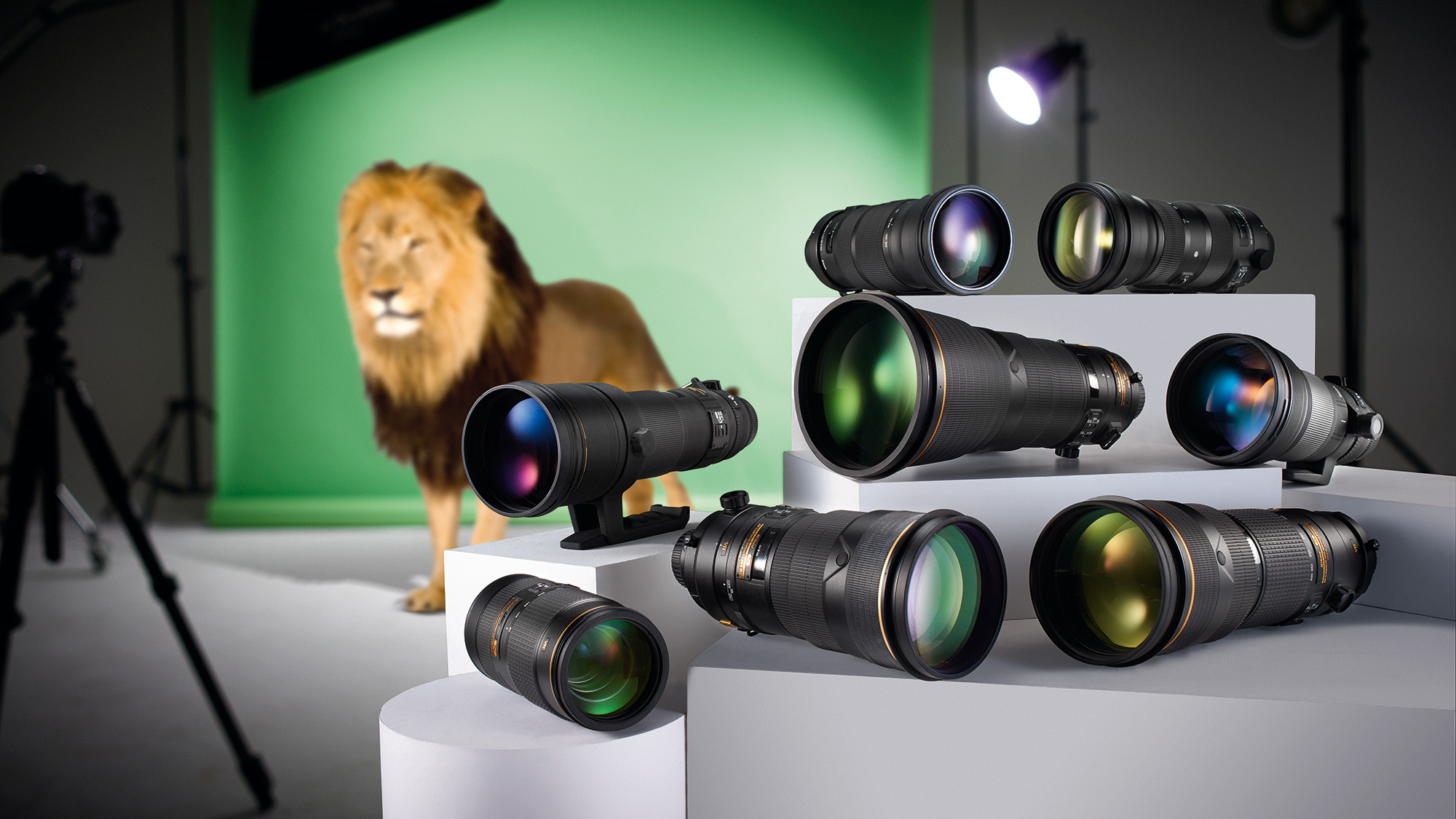The best CFast cards: top memory cards for recording video
The best CFast 2.0 cards will let you record top-quality video using pro cinema cameras from Canon, Arri and Blackmagic

The best camera deals, reviews, product advice, and unmissable photography news, direct to your inbox!
You are now subscribed
Your newsletter sign-up was successful
The best CFast cards aren't all that common, as this is a high-speed memory card format that only relatively few cameras support. It looks very similar to the old CompactFlash card format, but CFast 2.0 is based on the much faster SATA III 6gb/s interface, enabling super-fast write speeds of up to 600MB/s.
The CFast 2.0 format is used mostly by high-end video equipment, such as professional cinema video cameras from Canon, Arri, Atomos and Blackmagic. In terms of stills cameras, this type of card is currently only used in the Canon EOS 1-D X Mark II and Hasselblad H6D-100C.
Nowadays the newer and significantly faster CFexpress card format has rather overshaddowed CFast 2.0. But if you're still shooting with equipment that depends on CFast 2.0, there are some great card options to choose from. Here are the best CFast cards on the market right now...
The best CFast cards
Why you can trust Digital Camera World
1. SanDisk Extreme PRO CFast 2.0 card
Specifications
Reasons to buy
Reasons to avoid
With maximum read/write speeds of 525/450MB/s, SanDisk's CFast 2.0 card is plenty quick enough for anything you could throw at it. What's more, this card also boasts VPG-130 (Video Performance Guarantee-130) certification, guaranteeing a minimum 130MB/s sustained write speed. This ensures even the best cinema cameras will be able to capture 4K footage with no dropped frames. Capacities range from 64GB to 512GB, though the 64GB card is a little slower than the others, with a 430MB/s max write rate.
2. Lexar Professional 3500x CFast 2.0 card
Specifications
Reasons to buy
Reasons to avoid
Boasting a max write speed of up to 445MB/s, this Lexar CFast 2.0 card can help you capture cinema-grade video with ease – while a 525MB/s read speed will dramatically accelerate your post-production workflow. Great if you're often working with high quality 4K content, ProRes video, or RAW photos from cameras such as the Canon EOS-1DX Mark II. Like SanDisk's offering (above), Lexar's card is VPG-130 capable, so it can maintain a minimum 130MB/s write speed for reliable 4K recording. You can also choose from capacities of 64GB up to 512GB, however the 64GB card may be best avoided, as its max write speed is significantly down on the larger capacity cards - just 375MB/s, compared to 445MB/s.
3. Delkin Devices Cinema CFast 2.0 card
Specifications
Reasons to buy
Delkin's entry is one of the fastest CFast 2.0 cards you can buy, thanks to its supremely quick 560MB/s rear speed, and even more impressive 495MB/s max write rate. Only Angelbird's CFast 2.0 card (below) is just barely faster. This makes the Delkin card ideal for 4K or high frame rate 1080p capture, while Delkin also rates the card capable of recording unlimited JPEG or 170 full-sized RAW images at 14 fps in a Canon EOS-1D X Mark II. Delkin even tests its CFast 2.0 cards in compatible Atomos, Blackmagic and Canon cameras to ensure flawless opperation. This card isn't higher on our list as minimum sustained write speed isn't specified, and it's not quite as easy to find as rival SanDisk and Lexar cards.
4. Angelbird AV PRO CF CFast 2.0 card
Specifications
Reasons to buy
Reasons to avoid
You may not have heard of Angelbird, but this brand has built up a healthy stock of top-specced memory cards and storage devices. Its CFast 2.0 offering is a perfect example, boasting class-leading 560/498MB maximum read/write rates. What's more, where most CFast 2.0 cards top out at 512MB capacity, Angelbird offers a 1TB variant. Naturally, it costs a fortune, but we appreciate the option and so will demanding 4K shooters. Unusually, Angelbird also quotes the maximum sustained performance of its CFast 2.0 cards - 550MB/s read, and 450MB/s write - giving you extra reassurance that this card will keep up with your workflow. It also means the card comes with VPG-130 certification (guaranteeing a minimum 130MB/s write speed).
5. Silicon Power Cinema PRO CFX310 CFast 2.0 card
Specifications
Reasons to buy
Reasons to avoid
CFast 2.0 cards are fast, pro-spec memory cards, and consequently they cost big bucks. Well, most of them do. Silicon Power's CFX310 CFast 2.0 cards are appreciably cheaper than rival cards of equivalent capacities, yet they still boast a 530MB/s max write rate - comparable to much pricier CFast 2.0 cards. Where this card comes up short is write speed, which at a max 330MB/s is noticeably slower than the more typical ~450MB/s max write rate many competing cards manage. However, if you're shooting in 1080p, this should still be quick enough. Capacities range from 128-512GB, with all variants being keenly priced.
Read more:
Best memory card for your camera
The best memory card readers
Best microSD cards
Memory card symbols explained – how to understand the info on your new card
The best camera deals, reviews, product advice, and unmissable photography news, direct to your inbox!
Ben is the Imaging Labs manager, responsible for all the testing on Digital Camera World and across the entire photography portfolio at Future. Whether he's in the lab testing the sharpness of new lenses, the resolution of the latest image sensors, the zoom range of monster bridge cameras or even the latest camera phones, Ben is our go-to guy for technical insight. He's also the team's man-at-arms when it comes to camera bags, filters, memory cards, and all manner of camera accessories – his lab is a bit like the Batcave of photography! With years of experience trialling and testing kit, he's a human encyclopedia of benchmarks when it comes to recommending the best buys.
